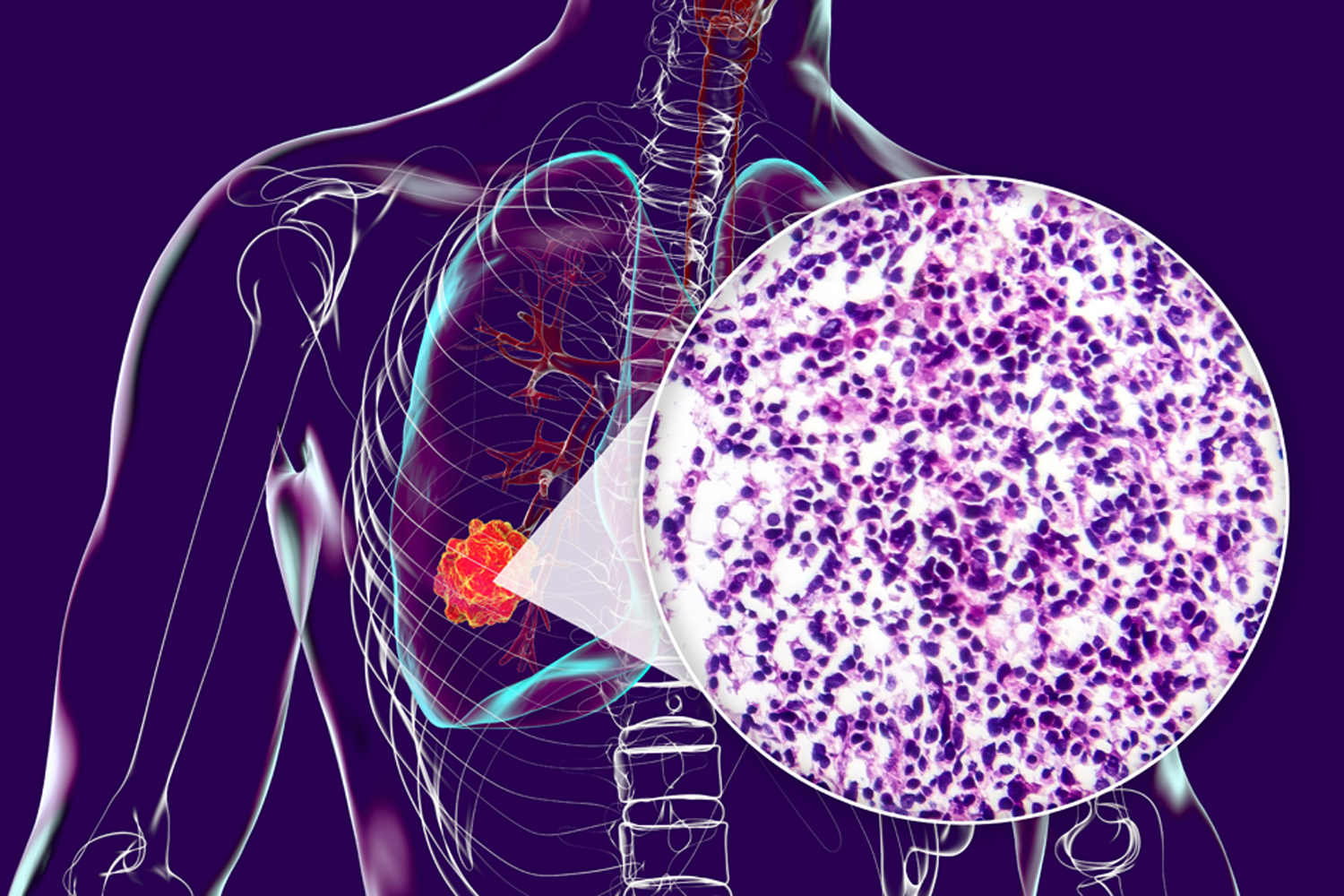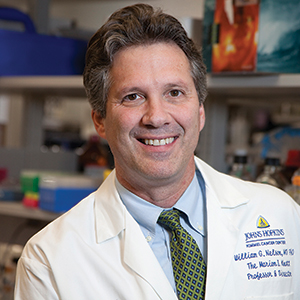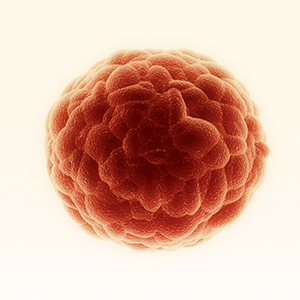-
Healthy Habits
Pile on the VeggiesA study evaluates whether a change in diet could slow prostate cancer growth.
by Melinda Mahaffey Icden
-
Healthy Habits
Nothing Healthy About a TanThe CDC calls for community efforts to halt rising rates of melanoma.
by Brenda Conaway
-
From the Editor-in-Chief
The Immune System and CancerNew insights into how the immune system can be unleashed are driving new treatments.
by William G. Nelson, MD, PhD
-
Forward Look
Your Neighborhood, YourselfQ&A with Reginald Tucker-Seeley on the link between neighborhoods and cancer.
by Sue Rochman
-
Forward Look
The Right MatchNew NCI clinical trial will link patients to drugs that target their tumors.
by Whitney L.J. Howell
-
Forward Look
Childhood Cancer Survivors at Risk for Hormone DeficienciesNew study highlights importance of survivorship care.
by Sharon Reynolds
-
Forward Look
Identifying Ovarian Cancer RiskStudy may help spotlight women who would benefit from risk reduction strategies.
by Carrie Printz
-
First Person
To Test or Not to TestTwenty-two years after the first of two breast cancer diagnoses, a survivor decides to undergo genetic testing.
by Cynthia Ryan
-
Breaking the Blood-Brain Barrier
Advances in treating brain metastases and reducing their side effects are bringing new hope to cancer patients.
by Sue Rochman
-
Colorectal Cancer: A Troubling Trend
More people are being diagnosed with colorectal cancer before 50, the recommended age to start screening.
by Charlotte Huff
Cancer Talk
Treatment Combination Improves Survival in EGFR-positive Lung Cancer
Adding chemotherapy to targeted therapy improves outcomes for people with advanced EGFR-positive non-small cell lung cancer.
by Sandra Gordon
Lessons From 20 Years Living With CancerMultiple myeloma survivor Jonathan Gluck reflects on uncertainty, and the scientific progress that has kept him living with cancer for more than two decades.
by Eric Fitzsimmons
The Enduring Importance of Cancer Disparities ResearchOpening session from AACR conference highlights how perseverance and adversity have informed cancer disparities research over the years.
by Eric Fitzsimmons
Most Cancer Survivors Don’t Meet Healthy Diet GoalsDespite research linking fruits and vegetables to cancer survival, many people do not change their eating habits after diagnosis.
by Darlene Dobkowski















